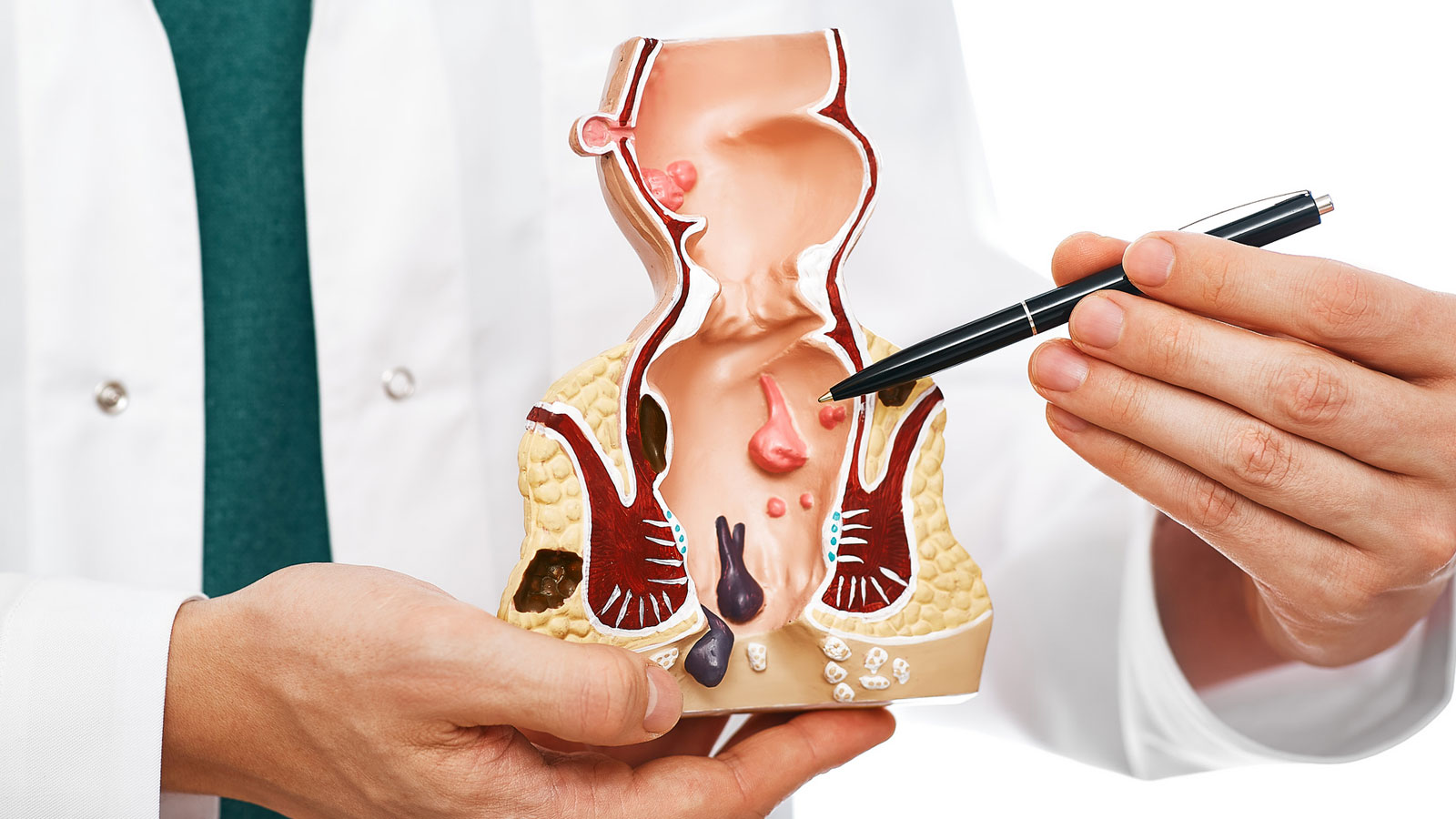Hemorrhoid banding is a common and effective outpatient procedure for relieving painful hemorrhoids. Using a local anesthetic, doctors can quickly place a band around the hemorrhoid, cutting off its blood supply so it shrinks and falls off naturally. Although the procedure itself is simple, recovery can be uncomfortable.
If you’re considering hemorrhoid banding surgery or are in the midst of recovery, these five practical tips can help you heal faster and manage any discomfort.

1. Soothe with Sitz Baths
A warm Sitz bath can be a lifesaver after hemorrhoid banding surgery. These targeted baths can help reduce inflammation, improve circulation, and alleviate pain. Many pharmacies offer Sitz bath basins that fit over your toilet, making it easier to soak the area as often as needed.
How to use it: Fill the basin with warm water (avoid very hot water to prevent irritation) up to your hips, and consider adding Epsom salt for extra relief. Soak for 15-20 minutes, ideally 1-2 times a day or after each bowel movement.

2. Keep Bowel Movements Comfortable
After surgery, having gentle, easy bowel movements is key to reducing strain and pain. To achieve this, you’ll want to keep stools soft and easy to pass, which involves a combination of hydration, fiber, and sometimes stool softeners.
Tips to soften stools:
- Stay hydrated: Aim for at least 8-10 glasses of water a day.
- Eat fiber-rich foods: Think fruits, vegetables, whole grains, and legumes, which promote smoother digestion.
- Consider Fiber Supplements: Fiber Supplements such as ColoFlax Fiber Gummies contain prebiotics, probiotics and antioxidants that help with breaking down food in your body so you may absorb all the nutrients.
By keeping things moving gently, you’ll not only protect the banded hemorrhoids but also lower the risk of new hemorrhoids forming down the line.

3. Don’t Delay Bathroom Trips
You might find yourself dreading bathroom visits during recovery, but holding in bowel movements will make things worse. The longer you delay, the harder your stools may become, leading to more pain and straining when you finally go. Responding to the natural urge to go as soon as possible is a simple but important way to protect the sensitive tissues.
Reminder tips:
- Avoid forcing or holding your breath during bowel movements.
- Take it slow and steady, and if you’re having trouble, try again later rather than forcing it.
- If you’re worried about discomfort, breathing deeply and relaxing your muscles can help make the process easier.
4. Skip the Toilet Paper Use Gentle Alternatives
Regular toilet paper can be too harsh for the sensitive area, especially post-surgery, as it can cause irritation and leave behind residue. Instead, opt for gentle alternatives like baby wipes, medicated wipes, or simply soap and warm water.
Best practices:
- Look for alcohol-free and fragrance-free wipes to avoid further irritation.
- Pat gently instead of wiping or rubbing, as this will be much kinder to the tender area.
- If possible, using a bidet or handheld shower can be a very comfortable and effective option for cleaning without aggravating the area.
5. Take It Easy on Lifting
During recovery, it’s best to avoid heavy lifting or strenuous physical activity for at least two weeks. Lifting heavy objects can strain your body and disrupt the healing process by putting pressure on the banded area, which may undo the work of the procedure and delay recovery.
Alternative activities:
- Brisk walking or doing light stretches can promote blood flow and aid healing without stressing the area.
- If your job or daily routine involves lifting, consider enlisting help or making modifications until you’ve fully healed.

Additional Tips for a Comfortable Recovery
Recovering from hemorrhoid banding surgery is a journey, but there’s good news: Once you’re healed, you’ll have relief from the symptoms that brought you to treatment in the first place! Here are a few final tips to ensure your recovery stays on track:
Stay in touch with your doctor:
It’s completely normal to have questions as you recover. Don’t hesitate to reach out to your doctor for clarification on aftercare instructions or to address any concerns.
Watch for warning signs:
If you experience significant bleeding, intense pain, or signs of infection like fever or unusual discharge, contact your healthcare provider immediately.
Focus on self-care:
Rest is essential, and activities that help you relax and reduce stress can improve the healing process. A good balance of hydration, nutrition, and sleep will go a long way.
By following these tips and your doctor’s advice, you’ll be well on your way to a smooth recovery. Remember, healing takes time, and it’s okay to take it easy and prioritize your comfort.
Your body will thank you as it recovers and, hopefully, brings you lasting relief from hemorrhoid symptoms!
-Disclaimer-
The information provided on this website is for educational and informational purposes only and is not intended as medical advice. Always consult with a qualified healthcare provider regarding any medical concerns, conditions, or treatment options. Individual results may vary. The information provided or services described are not intended to diagnose, treat, cure, or prevent any disease. Any medical or aesthetic procedure should be discussed thoroughly with a licensed professional before beginning treatment.





